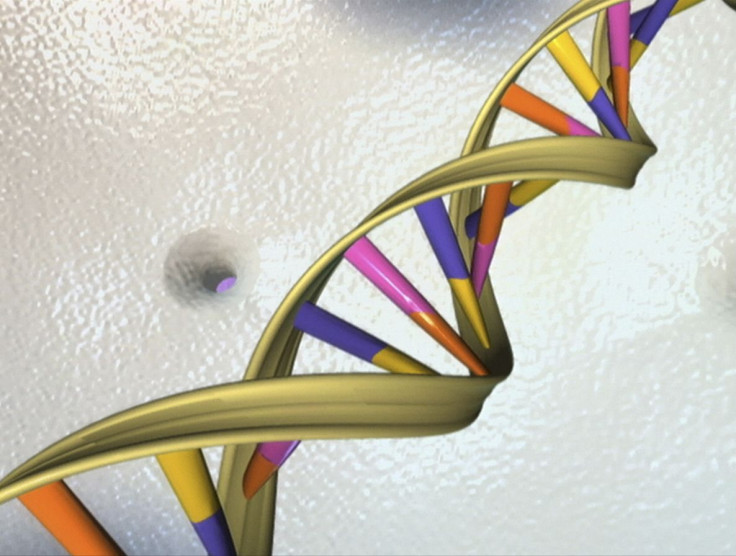Process Of Aging Can Now Be Delayed Or Reversed In Human Cell Lines

Professor Jun-Ichi Hayashi, researcher from the University of Tsukuba in Japan, has found through a new study that the process of aging can be delayed or reversed in human cell lines. He and his team were also able to find that the two genes which regulate the production of the amino acid glycine have a role in the process of aging. Hayashi, while analysing the controversial issues surrounding the popular mitochondrial theory of aging, made this exciting discovery.
The mitochondrial theory of aging has proposed that accumulation of mutations in the mitochondrial DNA is responsible for age-associated defects in humans. Mitochondria, also known as the powerhouse of the cell, has the role of producing energy through the process of cellular respiration. Any form of damage to the mitochondrial DNA causes mutations in the DNA sequence which can trigger the process of early aging in many species, including humans. These age-related changes can be seem in the form of symptoms such as weight loss, hair fall, change in the curvature of the spine, osteoporosis and reduced life span.
While contradicting the postulates of this theory, Hayashi and his team found that the mutations in the mitochondrial DNA are not the ones to be blamed for onset of early aging but another form of genetic regulation. By comparing the functionality level of mitochondria in the fibroblast cell lines in children below 12 years to those of people 80 to 97 years, the researchers came to the conclusion that the older cells did not show any more damage to the DNA than those in the children.
This indicates that reduced cellular function is related to epigenetic regulation, the type of changes which alter the physical structure of the DNA and not the DNA sequence on the molecular level. The epigenetic changes in the DNA lead to switching on and off of certain genes responsible for aging. Genetical reprogramming of the cells to embryonic stem cell-like state can possibly reverse these epigenetic changes in the DNA which ultimately can prove to be effective in turning back of the human body clock. The researchers publish these study findings in the journal Scientific Reports.
To contact the writer, email:ruchira.dhoke@gmail.com





















